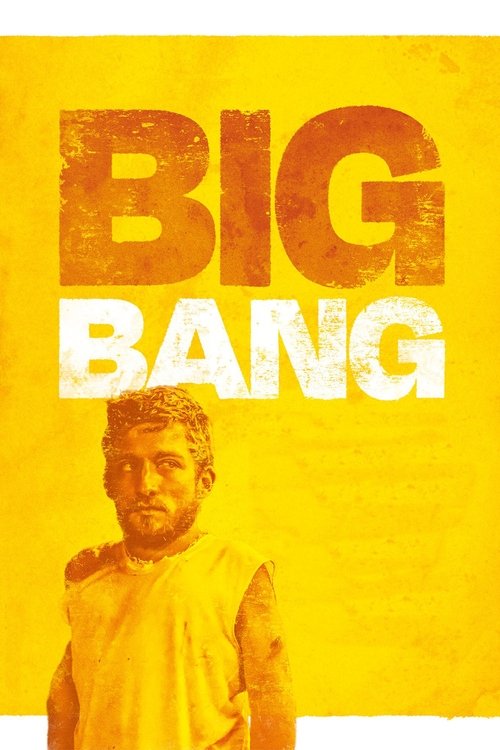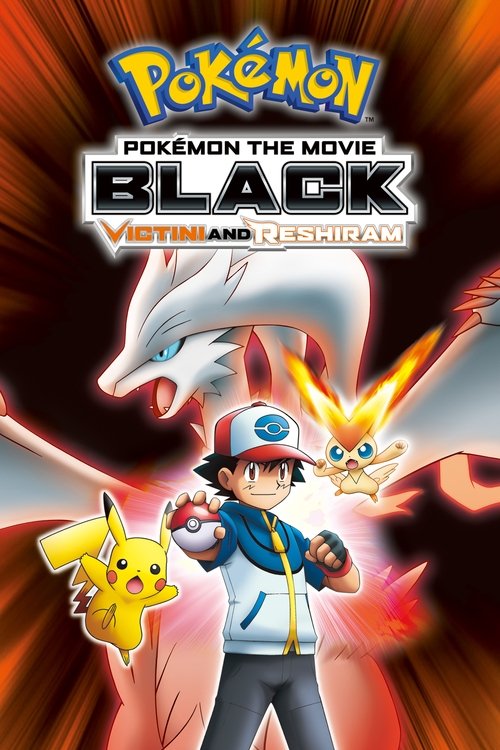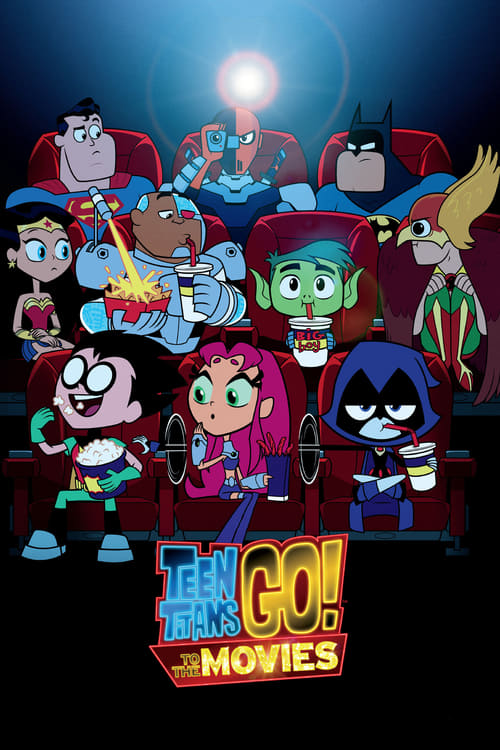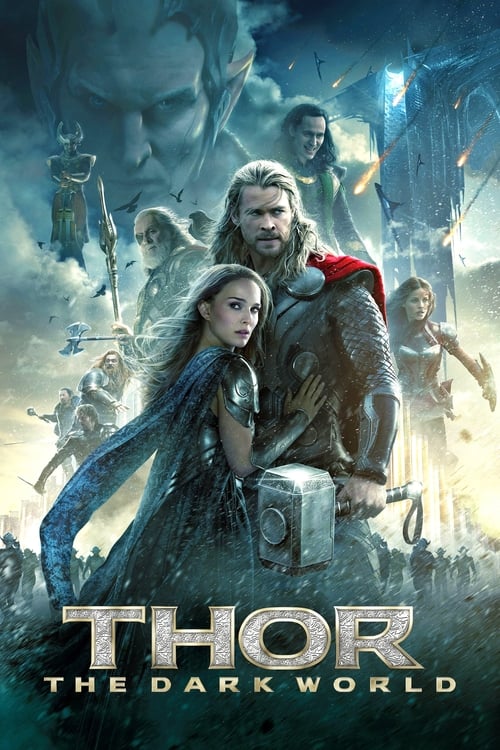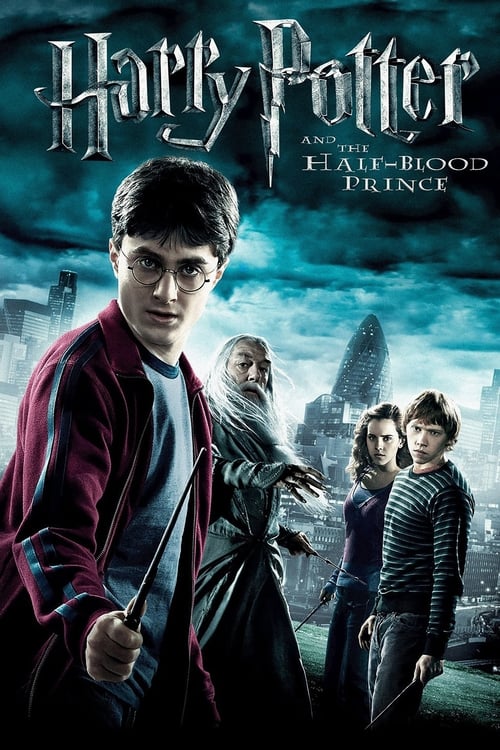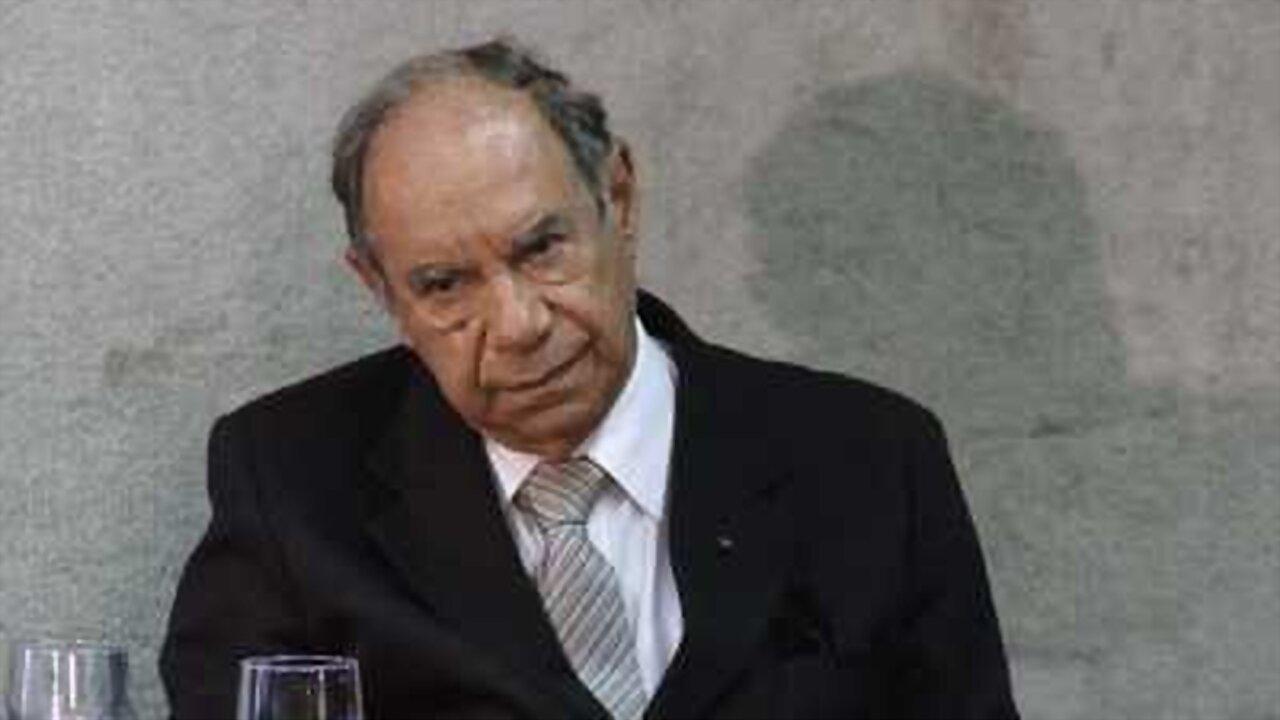
2021
Memória Sufocada
Documentary
5.0
User Score
1 Votes
Status
Released
Language
pt
Budget
$0
Production
Salvatore Filmes
Overview
Colonel Ustra (1932-2015) is the only military man convicted as a torturer during the dictatorship. Today he is exalted as a hero. But what is the truth? Through internet searches, Brazil's past is being reconstructed and collides with the present.
Review
Morethanhuman73
5.0
This documentary uses today's internet-based communications, primarily social media, to portray a non-linear criticism of the military dictatorship in Brazil (1964-1985)'s practices of alleged torture and undercover brutality against the country's leftwing activists who wanted an overthrow of the military rule.
The film has 3 main aspects which are troubling to the viewer and outstand throughout its relatively short runtime: 1) it plays like an extended courtroom hearing - intercutting Colonel Ustra's defence in a hearing with the testimonies of people who allege to have been tortured and who bore witnessed to the practices attributed to the government made in 2 different hearings; 2) the film is extremely political, using the aesthetics of advertisement, including messages on WhatsApp pretending to be those of historical figures, e.g. Lyndon Johnson and John Kennedy messaging White House aides, to lay constant attacks on Brazilian patriotism and military government-era content - it in fact has a "Skip Ad" button on the screen whenever it presents this critique; 3) the back and forth of the content is matched by a non-linearity in narrative of the subject of the film. There is no chronology well laid out for me to comprehend how the events unfolded and there is no single explanation for why these subjects were chosen to validate the existence of the film instead of others who are mentioned as only numbers.
This last aspect of how the film was made is what brings it down as a critique of the period and people it focuses on, because it takes away from the pursuit of the truth which is obviously the cause for the narrative and replaces it with the intensity of presenting points of criticism - which, taken from the people identifying as victims in it, should be carried with the truth of the happenings in mind.
I, as an audience member, can withstand a political critique that bears down on a set of values or subjects with high intensity, but this purpose cannot be betrayed by the very aesthetic of storytelling.
In this documentary, there is a lack of inspiration to pursue the facts objectively as an alternative to the lies of the alleged torturers, and it plays out like a mockumentary of conversations from which a side must be taken. But what if I decide to take the side of objectivity instead of passion?
If I choose that, the critique is lost and things stay the same - with no understanding of how justice can be served to the victims.
Read More 